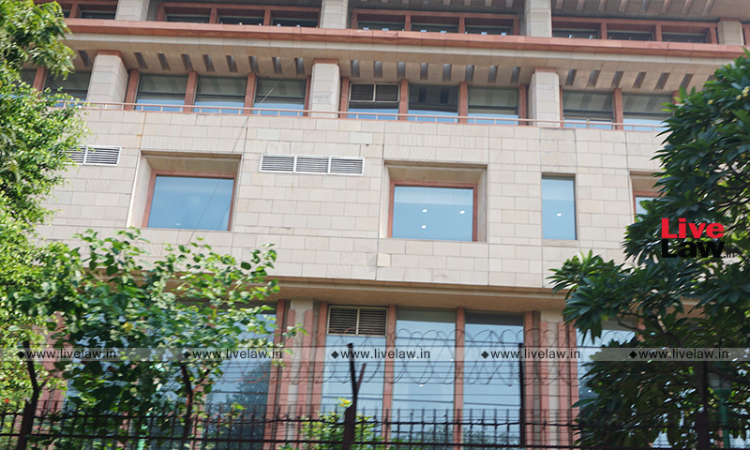Maintenance Order U/S 125 CrPC May Be Enforced In Any Place Where Person Against Whom It Is Made May Be; Residence Not Material: Delhi HC
Nupur Thapliyal
22 Dec 2021 4:00 PM IST

It is immaterial where he is residing or where his permanent property is, the Court said.
Next Story


